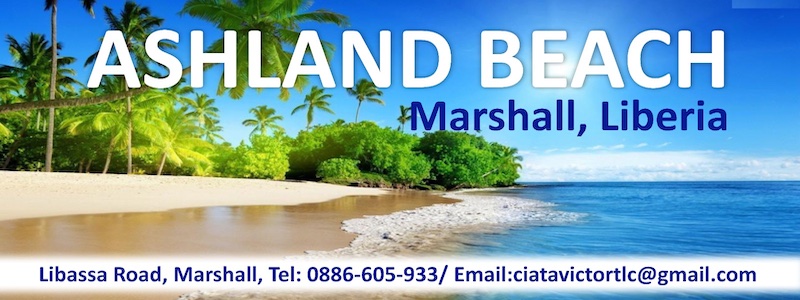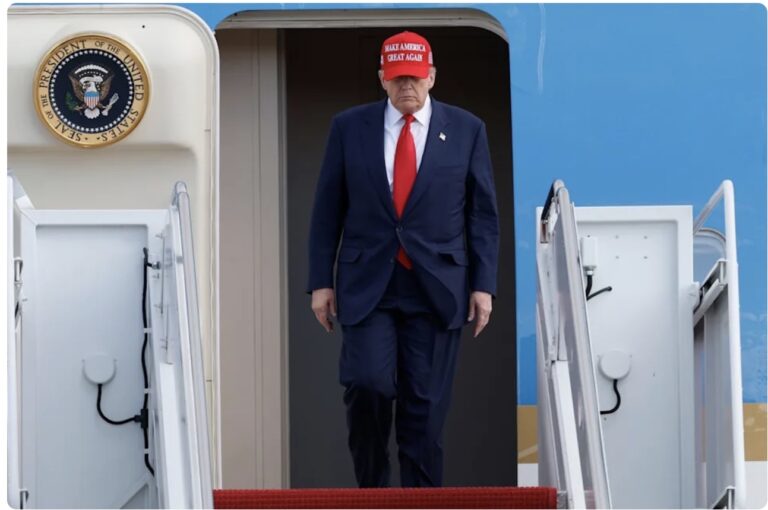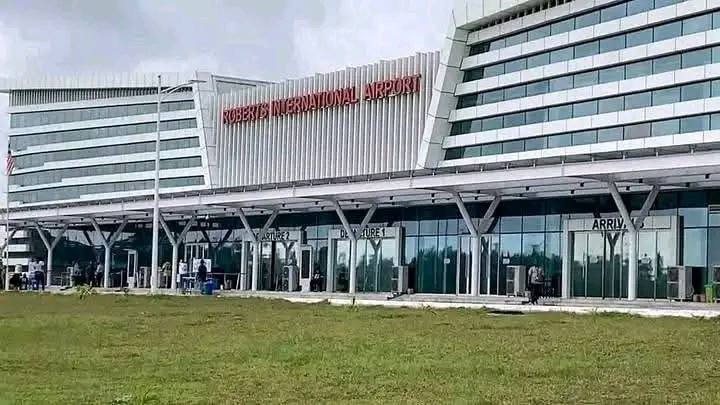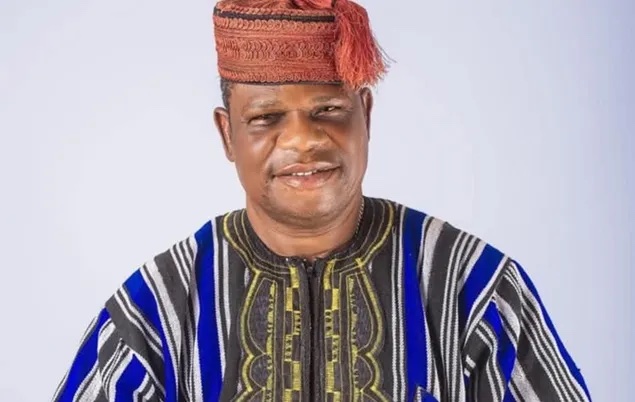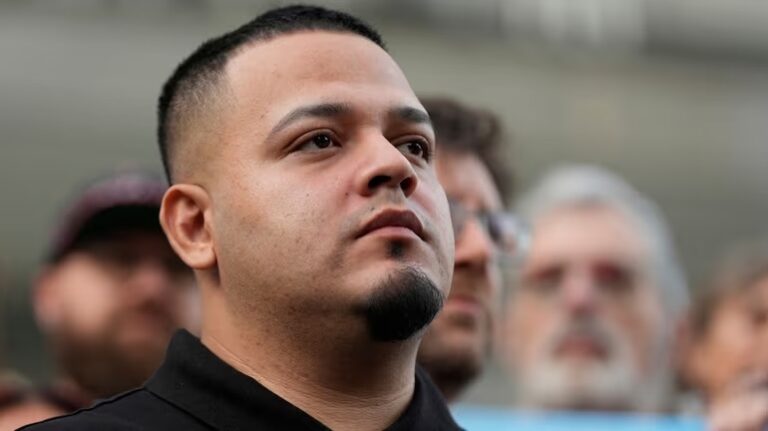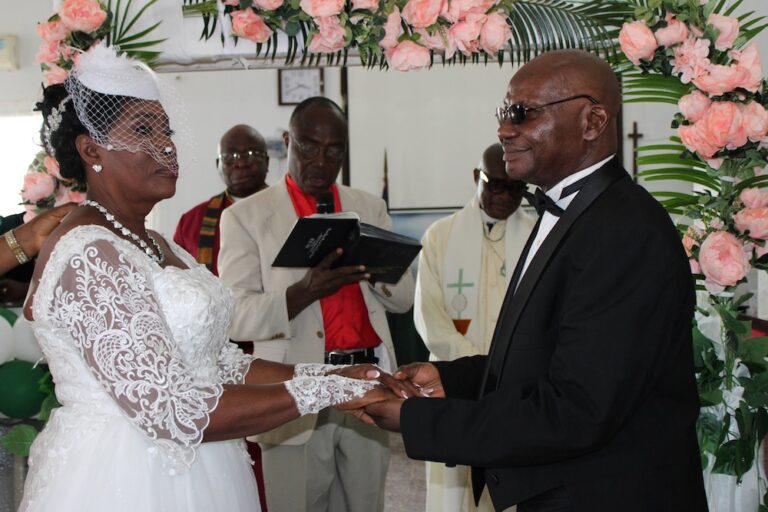
A leaked draft of ArcelorMittal Liberia’s (AML) proposed Third Amendment to its Mineral Development Agreement (MDA) has raised alarm among policymakers and industry observers, who say it could undo years of progress toward Liberia’s infrastructure independence and undermine President Joseph Boakai’s ARREST Agenda.
The document, seen by the Daily Observer, appears through well-crafted legal clauses reestablishing AML’s monopoly over the Yekepa–Buchanan railway and port — two of the country’s most strategic national assets — while tying the hands of both the Legislature and future administrations.
Monopolistic Rail Control Disguised as “Rail System Operating Principles”
At the center of the controversy are provisions that hand AML total control of Liberia’s railway infrastructure for many more years to come. Under the draft, AML is proposing clauses granting AML the “exclusive right to continue to act as the Railroad Operator” — indefinitely, although President Boakai has stated publicly his position to transition to an independent operator under the regulatory oversight of the National Rail Authority.
However, with proposed clauses in AML draft, even if the government wanted to transition to a neutral, independent operator, it could only do so after other eligible users move at least five million tons of iron ore per year for two consecutive years — an outcome AML itself could easily delay by controlling access to the rail under its oversight.
The leaked document also weaves AML’s self-authored Railroad System Operating Principles (RSOP) directly into the agreement, giving it legal authority equal to the MDA itself. That means even if Liberia passes new laws to regulate the rail system, those laws “shall not override” AML’s existing privileges. To make matters worse, key sections of the RSOP cannot be changed “without the CONCESSIONAIRE’s prior written consent.”
In short, the company could block or delay any reform that threatens its dominance — a move critics say undercuts the government’s goal of building an open, multi-user transport corridor that benefits the entire economy, not just one foreign operator.
Contradictions with Mining Law and Land Retention
The draft also clashes with Liberia’s Mineral and Mining Law by allowing AML to hold on to huge tracts of land indefinitely. Instead of identifying active mining sites and returning unused land to the state, the amendment treats the entire concession as one continuous production area — effectively freezing it under AML’s control.
Even more startling, AML would pay only US$500,000 per year as a flat mining license fee for this vast territory starting in 2031 — a sum experts call laughably small compared to the land’s potential value. “This is like renting out your entire backyard for a lifetime and getting paid for a single plot,” one analyst told the Observer.
A Blow to National Revenue
The leaked text also exposes several financial loopholes that could cost Liberia hundreds of millions of US dollars in lost revenue.
The royalty — set at 4.5 percent of the “Selling Price” — is based on AML’s own internal definition of that price, which can be “adjusted for long-term volume commitments and freight differentials.” Without an independent benchmark or inspection process, the government has little power to verify whether the price reflects fair market value.
However, the amendment grants AML the legal standard of 15 years of tax stabilization on imports and fuel, paying just US$800,000 annually “in lieu of all import duties, taxes, and fees.” The agreement also shields the company from any future tax increases but further allows it to enjoy reductions if tax rates go down — a one-sided “heads I win, tails you lose” arrangement that undermines fiscal fairness.
Blocking Fair Access for Other Investors
The draft gives AML priority access to rail and port facilities, effectively sidelining future investors and numerous other mining license holders situated along the rail corridor. AML reserves at least 30 million tons per year of rail capacity for itself, with rights to expand up to 45 million tons before others can use the line. This essentially entrenches the monopoly over the railway.
Other users must wait until AML’s expansion projects are complete — and even then, they cannot build or design anything that “conflicts” with AML’s plans. At the Port of Buchanan, AML is granted the “exclusive right to operate and expand” port facilities, while others may only rent space temporarily for up to 12 months at a time. AML can also revoke access if it deems another company’s work “unreasonably interferes” with its operations — leaving competitors permanently vulnerable.
No Independent Oversight of Ore Exports
Perhaps also most concerning, the draft amendment leaves the door open for AML to control the inspection process that determines the value of Liberia’s exported iron ore — the main basis for royalties. While an inspection company is supposed to verify quality and quantity, AML can override any disagreement on fees and select its own “internationally recognized” inspector, subject only to ministerial approval.
This setup undermines transparency, as there is no guarantee of independent oversight. It gives AML significant influence over the very data — iron content, shipment volume, and pricing — that determine how much Liberia earns from its natural wealth.
Undermining Boakai’s ARREST Agenda and Legislative Oversight
The Daily Observer is reliably informed that a final 3rd Amendment to ArcelorMittal’s MDA, with clauses as described in this article from the leaked late October draft, has been signed by the Inter Ministerial Concessions Committee (IMCC), the body responsible for negotiating concession agreements, and submitted to President Boakai for transmittal to the Legislature.
Reportedly, the President has not yet approved the Agreement. Insiders in the Executive Mansion familiar with the ongoing negotiations have confided to the Observer that the IMCC was placed under tremendous pressure by the Ministry of State to conclude the AML Agreement ahead of the President’s recent state visit to Paris, where he was scheduled to meet AML parent company Executives as part of planned meetings. This was announced in a press release from the Executive Mansion.
President Boakai’s ARREST Agenda — which emphasizes Reform, Recovery, Education, Sanitation, Stability, and Transparency — aims to restore credibility to Liberia’s governance and ensure that national resources serve the public good. But this leaked AML draft, critics say, threatens to derail that vision.
By re-entrenching a foreign company’s monopoly, it weakens the Legislature’s oversight role, ties the executive’s hands, and jeopardizes Liberia’s chance to build an inclusive, competitive infrastructure system. Clauses in the draft essentially prevents the National Legislature from its constitutional duty to enact laws including the anticipated National Rail Authority Act, which in the opinion of experts is rendered useless by AML proposed MDA changes.
In effect, the proposed amendment does not merely revise an agreement — it rewrites Liberia’s future in favor of a single company. And unless lawmakers and the Boakai administration take a firm stand, this “Third Amendment” could become the final nail in the coffin of Liberia’s infrastructure sovereignty for future generations. Creating once again, what the Guardian newspaper referred to in 2006 as “a State within a State”.
Source: Liberian Observer

